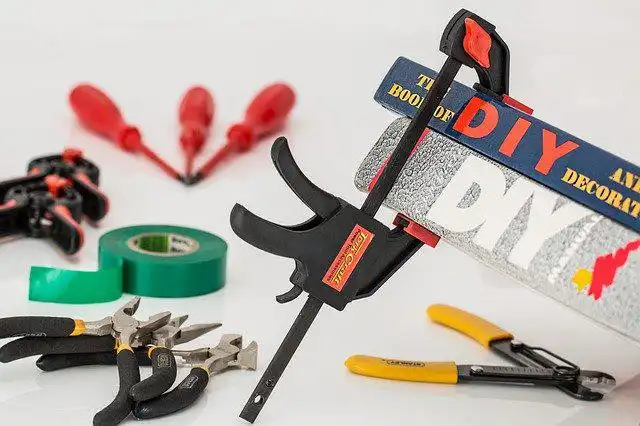
Popular television shows like The Block or Extreme Makeover: Home Edition tends to up the appeal of buying a home in need of some TLC. A fixer-upper – generally defined as a property on the market in need of repairs and maintenance – often presents a good deal on price.
Brenda Lange, principal at Leapfrog Kempton Park, explains that a fixer-upper is definitely where you’re most likely to pick up a property bargain, but it’s important to understand what you save on the purchase price you’re likely to spend on repairs and maintenance. “A fixer-upper can be a wonderful way to retrofit a property to suit your exact needs, and a great project to undertake as a couple or family,” Lange says.
Beyond the obvious potential that a fixer-upper should hold, it helps to pay attention to the following factors before signing on the dotted line.
It’s always about location
Location always matters when it comes to property and even more so when buying a fixer-upper. The reason for this is that there is plenty one can do to improve a property but very little an individual can do to make the area in which the property is located more appealing.
Make sure the configuration of the property works for you. “Changing the layout of the property is usually the most costly aspect of renovating,” Lange says, and adds that removing a wall or enclosing a patio is far less involved than moving the kitchen from the back of the house to the front, or adding ensuite bathrooms to each bedroom, for example.
DIY
“Rule one of a fixer-upper is that you need to be prepared to get your hands dirty!” Lange shares. In fact, for many buyers the very appeal of a fixer-upper is to get involved themselves. This is also a great way to manage costs. If you’re so inclined you could tackle things like the painting yourself, or to recruit a builder or handyman, who is willing to take on smaller jobs at a reasonable rate.
Seasoned renovators typically start by drawing up a list of everything they’d like to do, distinguishing between structural and essential changes, and the cosmetic and nice-to-have improvements.
“Knowing exactly what it is that you want to do helps to allocate and manage resources accordingly, and keep your plan on track,” Lange says.
Changes that fall into the structural category include:
-
Shoring up foundations
-
Fixing or replacing the roof
-
Remodelling the kitchen and bathroom
-
Replacing the windows throughout
-
Building new additions like bedrooms or a garage
Cosmetic changes are usually things like:
-
Patching walls and painting
-
Installing new light fixtures
-
Replacing doors
-
Refacing kitchen cabinets
-
Fixing minor plumbing issues
Cash considerations
A fixer upper is all about recognising potential, but it’s important to understand that realising the potential in that property is always going to cost money… and lots of patience.
One of the reasons buyers opt for a fixer-upper when it is a bargain is so that they have money available for the changes and renovations. “Buyers could also consider registering a bigger bond and accessing that capital to pay for the fixes on the property,” Lange suggests.
Obvious as it sounds, make sure the fixer-upper really does have the potential you imagine it to. “Discuss your plans with a trusted property advisor who understands the specific market and will be able to advise you on which renovations will add the most value, without overcapitalising on the property,” Lange says.
Done right – with an open mind, a dynamic plan and lots of patience – a fixer-upper can be a very rewarding project. It’s a case of turning a house into a home, after all.
Author: Leapfrog Property Group

